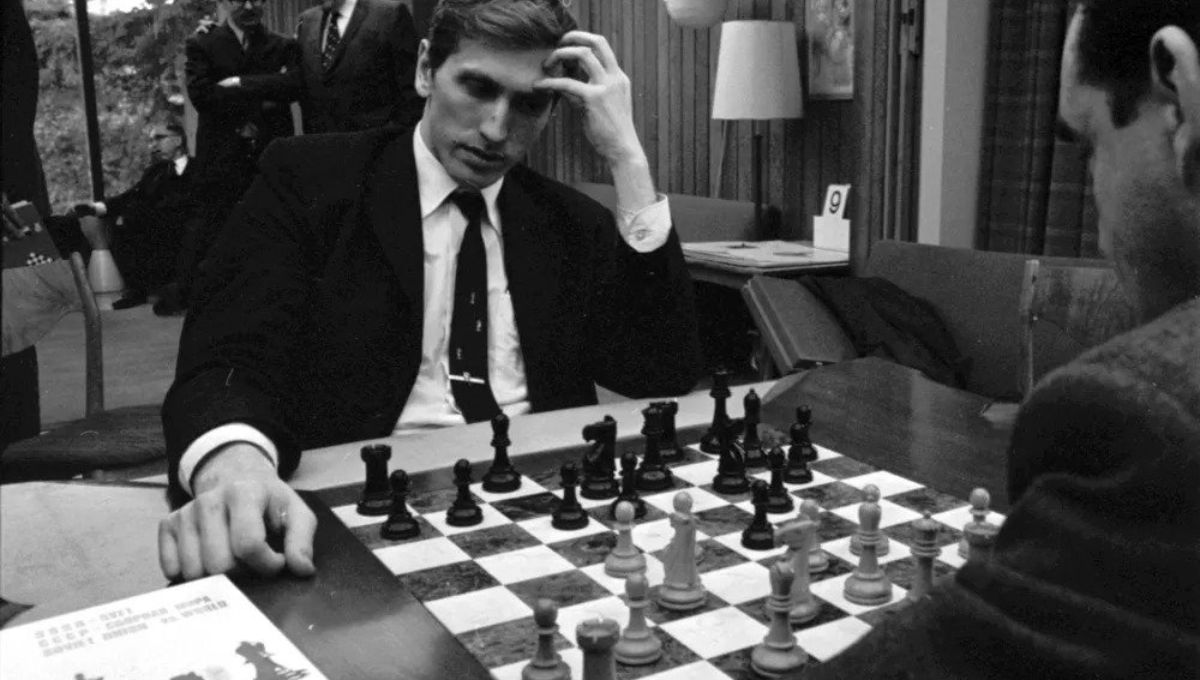Bobby Fischer basically hated chess for its shift towards memorization over creativity, a sentiment echoed in his advocacy for Fischer Random Chess.
Fischer is the greatest American chess player of all time – a World Champion who dominated the world with his innovative play, consistently ranking at the top, contributing to chess theory, and having a significant cultural impact during the Cold War era. His unique blend of talent, accomplishments, and influence made him a true chess legend.
But even after accomplishing so much, he hated the game for the direction it was heading towards, i.e., memorization over creativity.
3 Reasons Why Bobby Fischer Hated Chess:
1. Dying Creativity
He wanted chess to be a canvas for raw minds to express their creativity and showcase their unique playing styles. Fischer’s vision was to let the game flow naturally, free from the constraints of rote memorization.
If someone memorizes answers to an IQ test, they wouldn’t be testing their actual intelligence quotient. I think that’s what Fischer was getting at. He wanted raw minds playing chess at their best with natural creativity.
2. Preference for Fischer Random Chess
Bobby Fischer was a strong advocate for Fischer Random Chess, also known as Chess960. He believed that this variant of the game offered an escape from the shackles of well-established theory and openings.
In Fischer Random, the starting positions of the pieces are randomized, making it impossible to rely on memorized sequences of moves.
Fischer’s passion for Fischer Random was driven by his longing for an updated, dynamic chess experience that rewarded innovation and creativity over memorization.
3. Chess Becoming Boring
Bobby Fischer didn’t like chess at the top level because he thought it had become all about memorizing moves and lost the fun and creativity he loved.
He was upset that everyone focused on perfecting known strategies and openings, making the game less exciting and spontaneous.
Fischer originally liked chess for its creative side, but the need to memorize moves had taken the joy out of it.
A Glimpse of Fischer’s Genius:
Bobby Fischer was not only a chess genius but also a keen observer of what made games truly interesting and enjoyable. He wanted chess to be a platform for innovation, where players like him could explore uncharted territories and create new paths rather than rehashing old ones.
Fischer’s vision extended beyond the board; he envisioned chess as a dynamic, evolving game that always had room for creativity.
Fischer’s Chess Philosophy:
His outlook on chess was similar to Plato’s perspective on philosophy i.e. if creativity dies, mathematics takes over, and everything becomes predictable and less fun.
He understood that once creativity in chess disappears, mathematics and predictability will take over, transforming the game into a mere exercise in pattern recognition.
